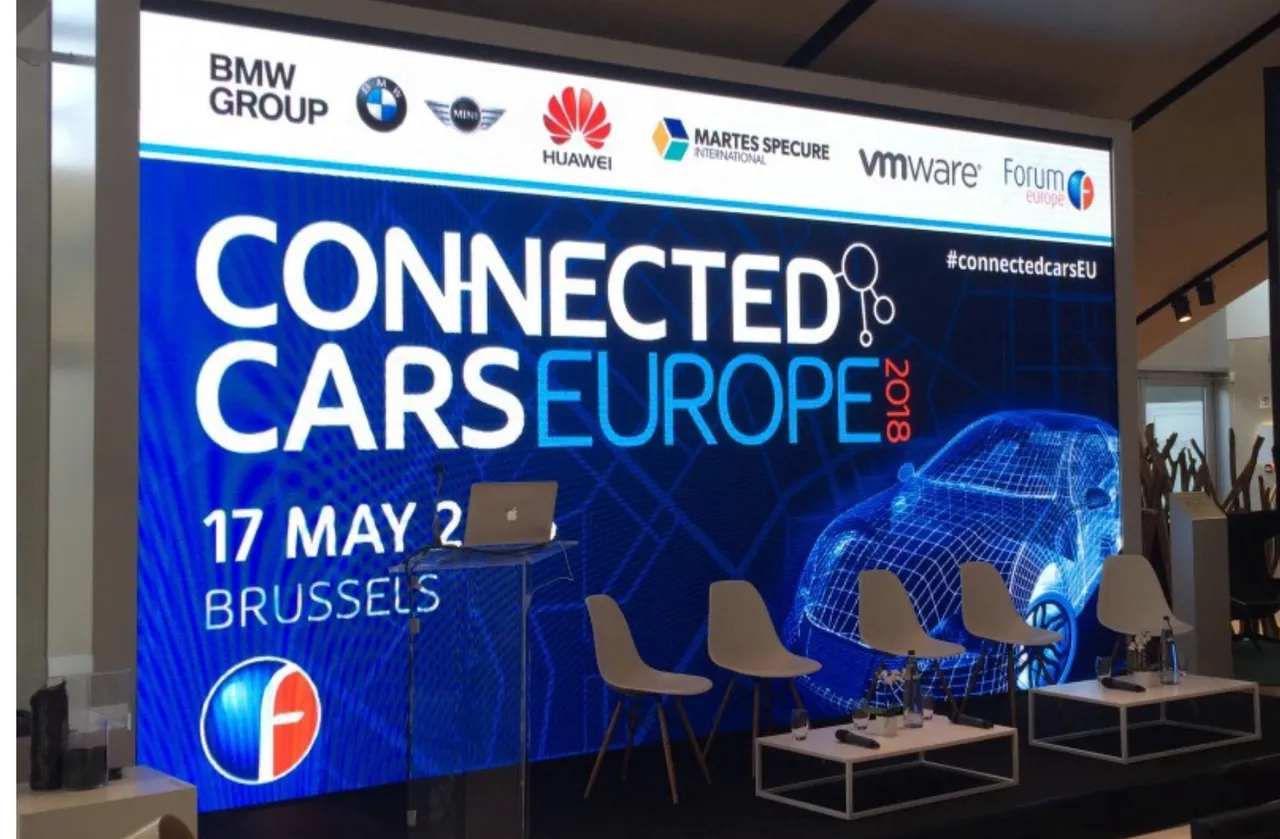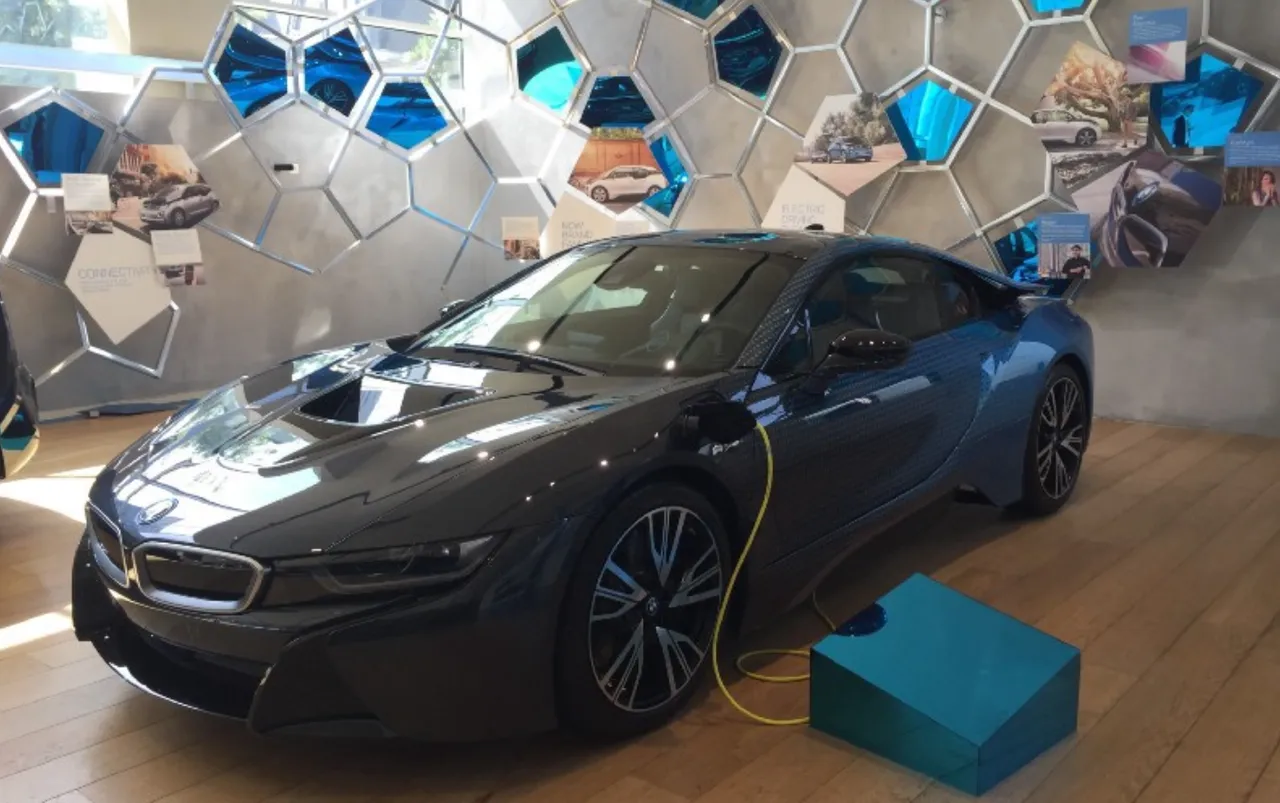
Max Lomuscio, Head of Growth at DOVU recently spoke at the Connected Cars Europe 2018 event about blockchain and how DOVU presents an opportunity for new business models in the Mobility as a Service landscape.
Who was at the event?
The event was focused specifically on regulatory and policy changes that will have to come into play with the increase of connected cars.
The audience and speaker pool was primarily composed of members of the European Commission, members of the EU Parliament or head of associations — so Brussels was a very apt location.
For us, it was a good opportunity to understand how the legislators see the advent of new technologies (fully connected vehicles, autonomous cars, smart systems).

First, some interesting data about cars in Europe:
Cars fulfil 80% of mobility needs today
€100 million of public money is spent every year to cover for costs of accidents (healthcare and repairs)
€1 billion — The amount of money the European Commission will be investing into a “secure & trustful communication framework between cars & infrastructure”
€200+ billion — The amount of money the European Parliament has pledged for smart mobility related projects.
Mobility in the public sector — the infrastructure
Physical infrastructure will change very slowly. The “what” (e.g. roads) will not change as long as there is not a compelling need — and for many decades we are going to see mixed fleets of autonomous or manual cars.
What will change is how they operate.
A couple of speakers used the nice metaphor of an orchestra to describe mobility: different instruments that require a conductor in order to play harmonically.
Who is this conductor in the transportation sector?
Research institutes are looking at negotiating algorithms to identify how to coordinate the different actors. This director can take the form or a specific regulator in some cases, but also to be left to the market itself in others.
This is the scenario where DOVU fits in:
Do you need a transferable unit of value to overcome autonomous cars when you are in a hurry so they give way to you?
Roads are difficult and expensive to modify, so how do you encourage citizens to use alternative routes to alleviate traffic?
Back to the private sector
A big part of the discussion was held around the question “who does the data belong to?”
Here is an extract of a survey produced by FIA, the International Automobile Federation.
When driving a connected cars, drivers want to…
90% — It’s my data
83% — I decide when and for how long to share data
78% — I want to decide who will repair my car
Drivers are concerned about:
86% — commercial use of my data
85% — what if they hack my data
88% — private data disclosure
“We believe the data generated by a vehicle belongs to our customers”
Vice President of Governmental and External Affairs of BMW Group
The automotive aftermarket will change as well.
If a car knows when it’s broken (or even going to break), it can inform the manufacturer and its affiliated dealerships of the customer’s needs, and gain a competitive advantage.
While today users have the freedom to decide who will repair their cars, many businesses in the aftermarket are concerned that connected cars will cut out consumers’ freedom of choice, and therefore cut them out of business.
Garages, mechanics and similar firms will look into different ways to encourage customers to continue coming back to their shop, a kind of loyalty points that could be earned in the mobility space. Sounds familiar?
Identifying who the data belongs to in a clear way will provide clarity to all the stakeholders involved and identify how big the opportunity for DOVU is in this specific area.
If I (user) own this data, I deserve to be rewarded for putting this data in use, or at least encouraged to share more specific data. DOVU would be the perfect incentive in this case.
Overall, the event provided a good overview on where we are going and what kind of use cases can be envisioned to support old and new players that will have to confront themselves with a fast changing market. DOVU will unlock these use cases to bring consumers and citizens towards a new level of experience.
Learn More About Dovu